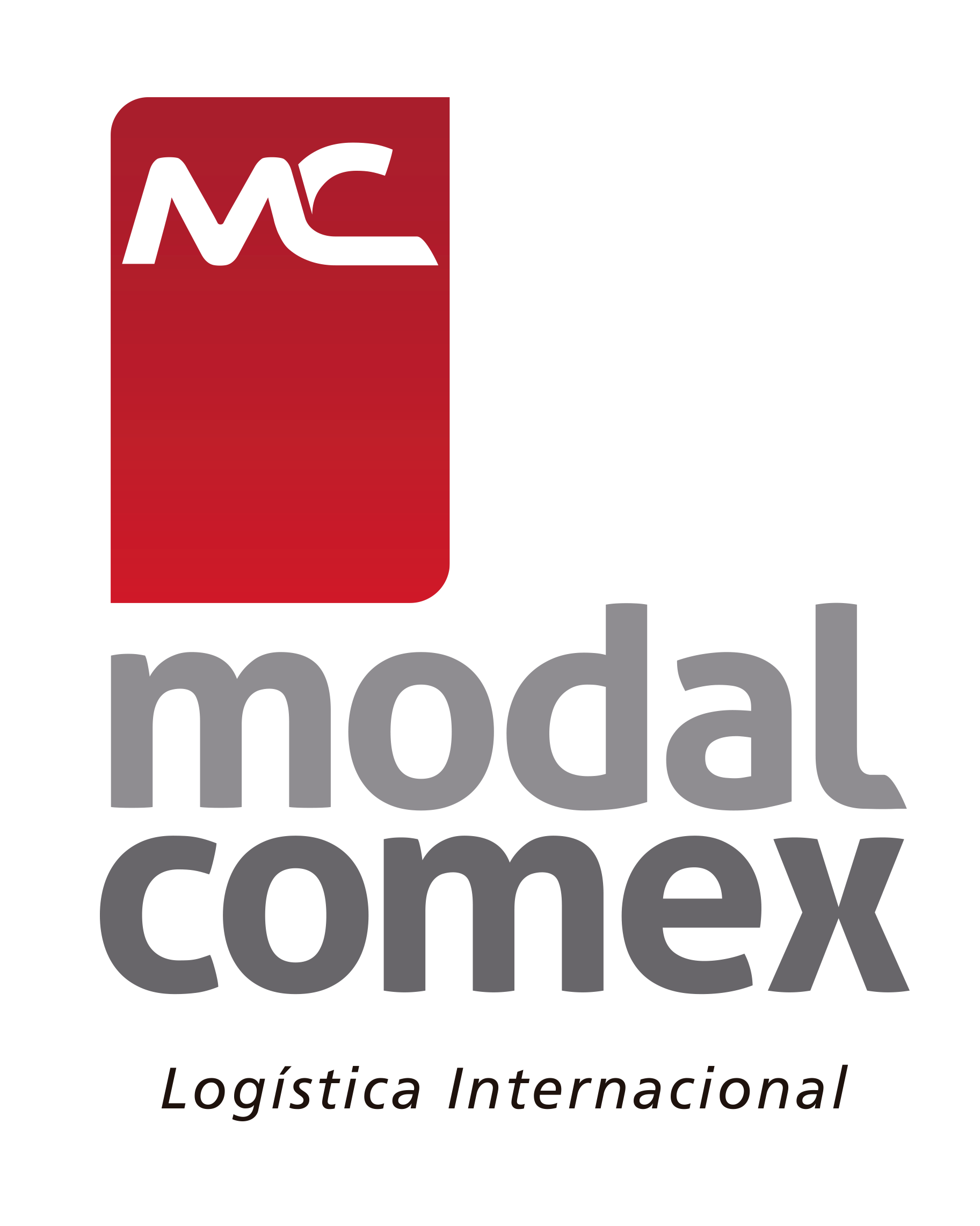Alckmin defends an increase in intra-regional trade between Brazil and Latin American countries.

The acting vice-president of Brazil, Geraldo Alckmin, spoke at the opening of an event of the Brazilian Association of Infrastructure and Basic Industries, in Brasília, this Wednesday (12). Alckmin defended the expansion of trade between Brazil and Latin American countries, since only 26% of commercial transactions between countries in the region are intra-regional.
He noted that, worldwide, trade is strongly intra-regional, with 50% of commercial transactions between the United States, Canada and Mexico, 60% in the European Union and 70% in Asia. According to Alckmin, Brazil should start expanding its trade with its Latin American neighbors to sell trucks, cars, buses, auto parts, white goods and value-added products.
Alckmin also highlighted the importance of the economic reforms that are underway to boost investments in the country. He said that the government is optimistic about the approval of the fiscal framework and, subsequently, the tax reform, which could help to recover Brazil’s competitiveness.
The package of fiscal measures, which must still be sent to Congress, seeks to guarantee credibility and predictability for the economy and the financing of public services, such as health, education and public security. Alckmin stated that the new fiscal anchoring is intelligent, because it establishes rigor in public spending and the debt curve will fall. Furthermore, it is countercyclical, that is, when the economy grows very strong, there will be a spending ceiling, and when it is weaker, there will be a floor to help boost economic activity.
The vice president also highlighted the importance of credit for the country’s economic development and stated that the reduction in interest rates could be driven by improved expectations regarding Brazil’s fiscal policy. He highlighted that the three most impactful factors on the economy are interest, taxes and exchange rate, and that the gradual reduction of the Selic rate can help improve credit, in addition to seeking other ways to support credit, especially with guarantee funds.
Alckmin also highlighted that the slowdown in inflation should impact the Central Bank’s decisions on monetary policy and the Selic level. He stated that the fall in inflation is very important for inclusive development with sustainability and stability and that inflation is not socially neutral, as it takes from the poorest and passes on to the richest. Reducing the cost of money is a fundamental factor for economic activity.
In summary, Alckmin defended the expansion of trade between Brazil and Latin American countries, highlighted the importance of ongoing economic reforms to boost investments in the country and highlighted the importance of credit for Brazil’s economic development.


